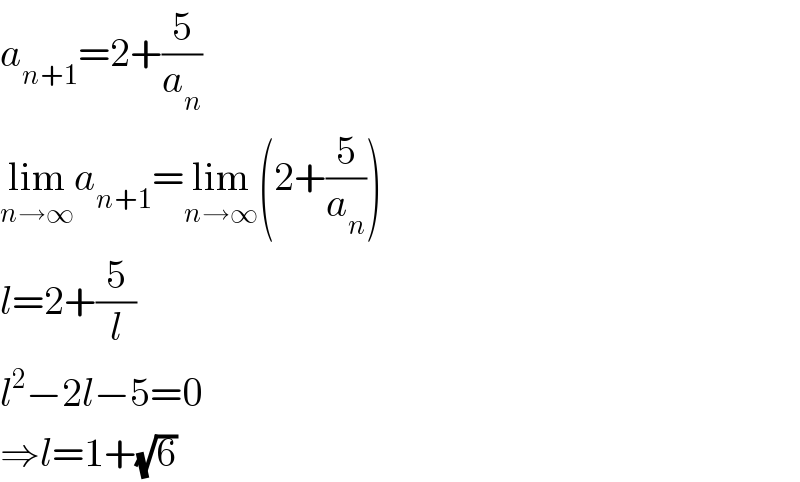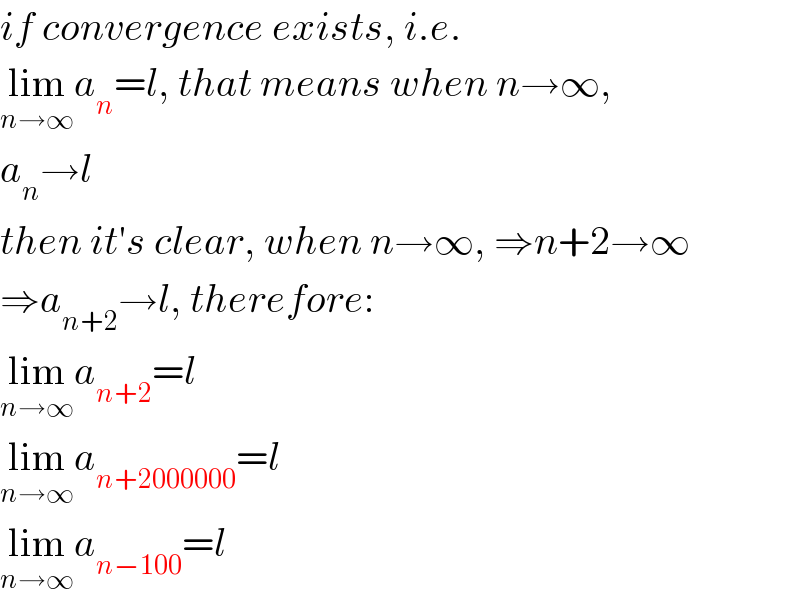
Question and Answers Forum
Question Number 88471 by M±th+et£s last updated on 10/Apr/20

Answered by mr W last updated on 10/Apr/20

Commented by M±th+et£s last updated on 10/Apr/20

Commented by M±th+et£s last updated on 10/Apr/20

Commented by M±th+et£s last updated on 11/Apr/20

Commented by mr W last updated on 11/Apr/20

Commented by mr W last updated on 11/Apr/20

Commented by M±th+et£s last updated on 11/Apr/20

